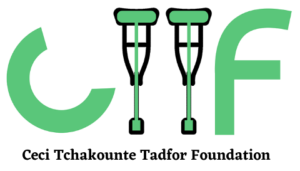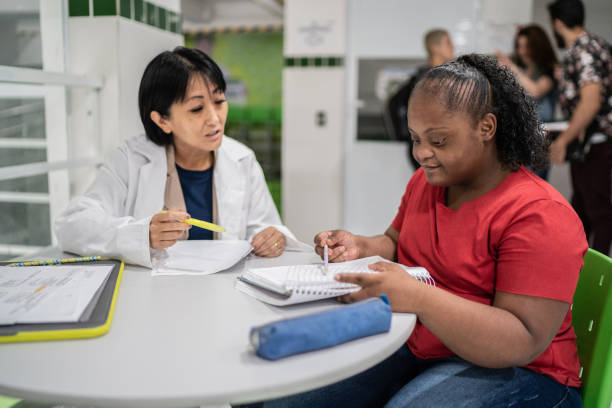Coping With A Learning Disability
This article discusses everything you need to know about Learning Disabilities vs. Learning Difficulties, Types Of Learning disabilities, and How To Get The Support You Need.
What Are Learning Disabilities?
A learning disability is a reduced intellectual capacity and difficulty with day-to-day activities, such as taking care of the home, interacting with others, or managing money, that affects a person for the rest of their life. In addition, learning disabilities cause people to learn more slowly and may require assistance to interact with others, learn new skills, and comprehend complex material.
Learning Disabilities vs. Learning Difficulties
A learning disability is a condition that impacts intelligence and learning in all facets of life. While a learning difficulty is a condition that makes it difficult to learn a certain way but has no impact on an individual’s IQ. Learning difficulties do not affect general intelligence, unlike learning disabilities, which do. Learning disabilities and learning difficulties like dyslexia or ADHD are frequently confused. Because dyslexia does not cause intellectual impairment,
Types Of Learning Disability
Learning disabilities come in various forms and can be mild, moderate, severe, or profound. A learning disability is always permanent. Since a person with a mild learning disability often gets along well with others and can handle most daily tasks, diagnosing them can be challenging. They might, however, require assistance with other aspects of their lives, such as completing forms.
In terms of mobility, personal care, and communication, people with severe learning disabilities or profound and multiple learning disabilities (PMLD) will require more assistance. Moderate learning disabilities may, but do not always, require support in these areas for their sufferers.
The welfare and future of your child will be your top priority as a parent. By highlighting their talents and securing the appropriate support, parents can assist their children in overcoming challenges. Every child is an individual with unique needs, but with the right assistance, kids with learning disabilities can live happy lives the way they want to.
What Can Cause A Learning Disability?
When the brain is still developing, learning disabilities happen (before, during, or soon after birth). A learning disability may result from events that happen to the central nervous system (the brain and spinal cord) before birth. For instance, if a mother experiences an illness or accident while pregnant or the unborn child develops specific genes, the child may be born with a learning disability.
Genes are chemicals in our bodies that store information about us, including our physical characteristics. For example, if a mother does not get enough oxygen during labor, if the baby suffers head trauma or is delivered too soon, the child may be born with a learning disability. In addition, early childhood ailments, mishaps, and seizures can result in a learning disability after birth.
Getting a diagnosis
Any time can be used to diagnose a learning disability. A child may be identified as having a condition from birth, or you might spot a difference in your child’s growth during infancy. Before receiving a diagnosis, some people may have to wait many years, while others may never do so. Although receiving a diagnosis can be a very trying and painful experience, it is frequently the first step in gaining access to the required future care and support.
How To Get The Support You Need
The degree of assistance required varies from person to person. For instance, a person with a mild learning disability might only require assistance with job hunting. On the other hand, a person with a severe or profound learning disability, who may also have physical disabilities, may require full-time care and support in all areas of their life.
Learning disabilities can also occur in people who have certain medical conditions. For instance, some autistic individuals and those with Down syndrome have learning disabilities. For advice and information about the support, we can provide for you, contact the Learning Disability Helpline by phone or email.
Alternatively, why not check out our online community? Parents and family caregivers of people with learning disabilities can use this forum to exchange experiences, counsel, and support.

